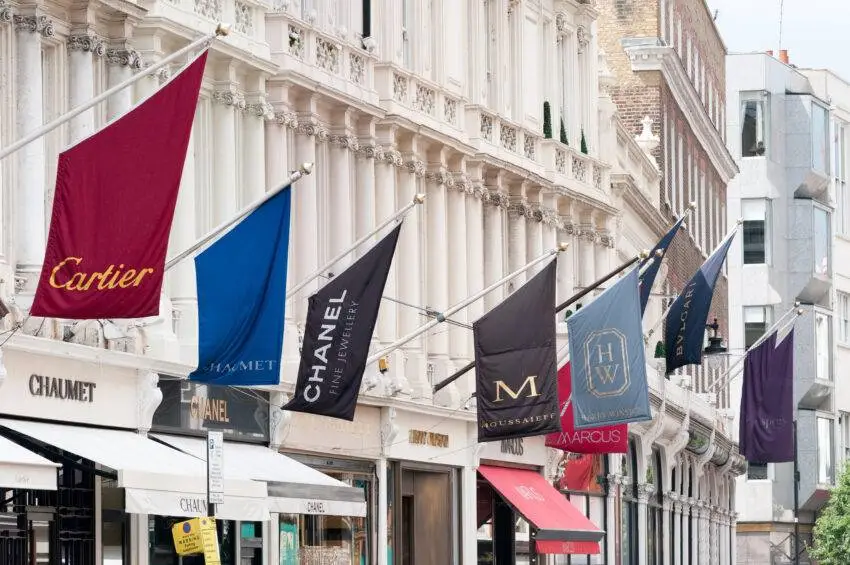The tourist tax controversy has recently gained traction due to its perceived impact on the UK’s economy. Cadogan Estates CEO, Hugh Seaborn, has voiced strong opinions against the tax, claiming it drives wealthy tourists away from London.
Impact on Luxury Retailers
Seaborn, whose company owns prime real estate in Chelsea, pointed to the abolition of tax-free shopping as a significant blow to luxury retailers. He stated, “It’s an absolute own goal for this country.” Luxury brands on Sloane Street have been hard-hit by the change, losing out on international shoppers who once reclaimed 20% VAT on purchases.
Seaborn mentioned, “We’ve been very resilient and we’ve recovered strongly [from the pandemic], but we’ve definitely been impacted by the tourist tax.” The competition is fierce, with Paris, Milan, and Madrid capturing the affluent tourist market.
Although upmarket shops still trade well, the absence of international visitors is noticeable. The tourist tax has altered shopping habits, diverting traffic to other European cities.
Broader Economic Effects
Seaborn emphasized that the tax’s repercussions extend beyond retail. He explained, “It’s not just about shopping; [these visitors] stay in the hotels, go to the restaurants and the theatres and the museums.” The broader economy, including hotels and cultural attractions, is also affected.
The removal of tax-free shopping impacts regions beyond London. Areas known for craftsmanship and materials used in luxury goods, such as Northamptonshire and Scotland, are feeling economic strains due to decreased international spendings.
Government’s Stance
The tax-free shopping scheme was axed by Rishi Sunak in 2021, saving the exchequer £2 billion. However, there have been persistent calls from retail and hospitality groups for its reinstatement.
Seaborn noted ongoing advocacy efforts within the government. Despite the government facing numerous challenges, he mentioned, “There is some very strong advocacy going on with the government,” to make the economic case for bringing back the scheme. Continued dialogue hopes to highlight the benefits of the tax’s removal.
Affected Businesses
Luxury brands on Cadogan Estates’ properties, including Audemars Piguet, Louis Vuitton, and Tiffany, have felt the impact. The estate’s five-star hotels and high-end restaurants also benefit greatly from international tourism.
Seaborn pointed out the economic ripple effect of decreased international tourism. Efforts to reinstate the tax-free shopping scheme aim to alleviate these negative impacts on businesses.
Future Prospects
The debate over the tourist tax continues with many advocating for its removal. Proponents argue that reinstating tax-free shopping would make the UK more appealing to international visitors.
Greater international footfall could lead to increased spendings, benefiting retail, hospitality, and cultural sectors. The ongoing discussions reflect a broader concern for maintaining the UK’s global appeal.
Seaborn remains hopeful. He indicated that presenting strong economic arguments to the government is key in this situation.
The potential loss of wealthy tourists to Paris and Milan due to the tourist tax poses a significant challenge for the UK’s economy. The call for reinstating tax-free shopping continues as stakeholders emphasize its benefits to various sectors beyond just retail. As the debate unfolds, it remains to be seen whether the government will reconsider its stance on the tax.


